Mental Health Matters
https://copyrightalliance.org/mental-health-resources-for-creators/
Mental health has become an increasingly popular topic, especially amongst Gen Z and the media.
“Mental health is one of the most important things because, in my opinion, it controls everything I do, so if I’m not doing good mentally, I can’t do anything else,” junior Kyla Vestile said.
Vestile isn’t the only student who feels this way.
“It’s an important part of life,” sophomore Natalya Ochoa said. “You need to be able to be mentally stable to function correctly and not fall out, and create chaos.”
Mental health has a lot of stigma that comes with it, according to sophomore Caden Tiwater.
“A lot of kids think they’re depressed and they’re worried that if they speak out about it, that there is something wrong with them, and nobody wants something to be wrong with them,” he said.
Junior Nadiya Garcia says people associate mental health as something being wrong, and not what you’re doing right.
“I think that people associate mental health with ‘something is wrong,’ Garcia said. “They don’t take it as ‘you’re in a good state of mind, let’s keep it that way.’ They take it as ‘oh you’re in a bad state of mind? You’re wrong for that.’ And they only associate it with what you need to fix.”
Stigma isn’t the only challenge regarding mental health. There are other factors that play into mental health, as well.
“Personally I have a lot of responsibilities like with dance and I also have a job, and it makes it extremely difficult to show up to things and to be around people, so a lot of the times when I have plans with people, they can get canceled,” Vestile said. “Like, the other day, I called into work because…I lied. [See,] it causes me to lie, and makes me feel like a bad person. [Anyway,] I said that I was having migraines and that I almost passed out on my way home from school, when that wasn’t true. It was just my mental health, and I knew that my work wouldn’t take that seriously.”
Tiwater feels school plays a role in mental health as well, with the pressure it puts on students.
“As far as school goes, there’s a lot of pressure on people, and not just in regular, everyday classes like math and English, but electives, etcetera,” he said. “I think schools could definitely put less pressure on kids to do so much in so little time. I know personally, when I go home, I’m working on homework and practicing for two to three hours a day.”
Ochoa thinks schools could focus on mental health more, to help students who are struggling.
“Schools could definitely focus on mental health more and actually be there for students by not assigning homework, because students have things to do outside of school and we don’t always have the resources to do schoolwork outside of school, and the school just gives us more and more to do,” Ochoa said.
School isn’t the only thing affecting students’ mental health. Social media has an impact on mental health, as well.
“The culture and everything on social media is so brain-warped and it makes everyone feel like they have to be a certain way and they’ll portray that they’re a certain way but in reality they could be struggling or they could not be struggling and doing it just for other people’s attention,” Garcia said. “There’s two completely different sides to how people act online, versus in person.”
Garcia said that her daily routine changes day-to-day, depending on her mental state.
“On my good days, I’ll get up earlier, try to get ready and feel good about my day, feel refreshed,” she said. “I’ll make something to eat, I’ll get dressed, maybe curl my hair, do my makeup, just things that make me feel better about myself. On a bad day, I probably won’t eat, I definitely won’t be in a good mood at all, I won’t fix my hair, I’ll just walk out the door in whatever I’m wearing and it just alters my mood for the rest of the day.” Garcia says that it doesn’t only affect her, but the people around her as well.
Students are currently finding their own ways to cope with mental health, in and out of school.
“To me personally, it’s just figuring out different outlets, and for me, it’s music,” Tiwater said.
Tiwater and Ochoa both use music as a coping mechanism for their mental health.
“Music is a big part of my mental health; without it I don’t know where I’d be,” Ochoa said.
“I’m actually seeking therapy right now, and I have a journal that I write in everyday,” Vestile says.
Garcia doesn’t cope with her mental health, she just pushes it to the side.
“I just push it to the side, because it’s not really something that’s accepted, not in my family,” Garcia said. “They just say that they don’t really know what’s going on with you, and it’s not our job to fix you.”
Generation Z is known as “The Depressed Generation” but Tiwater has hope for our generation and generations to come.
“Not everyone can do anything about it, but we can raise awareness and make it known that [mental health is] out there,” Tiwater said. “Hopefully we can fix it and our generation can be a learning point in teaching future generations what not to do regarding mental health.”
Your donation will support the student journalists of Joshua High School. Your contribution will allow us to purchase equipment and cover our annual website hosting costs.


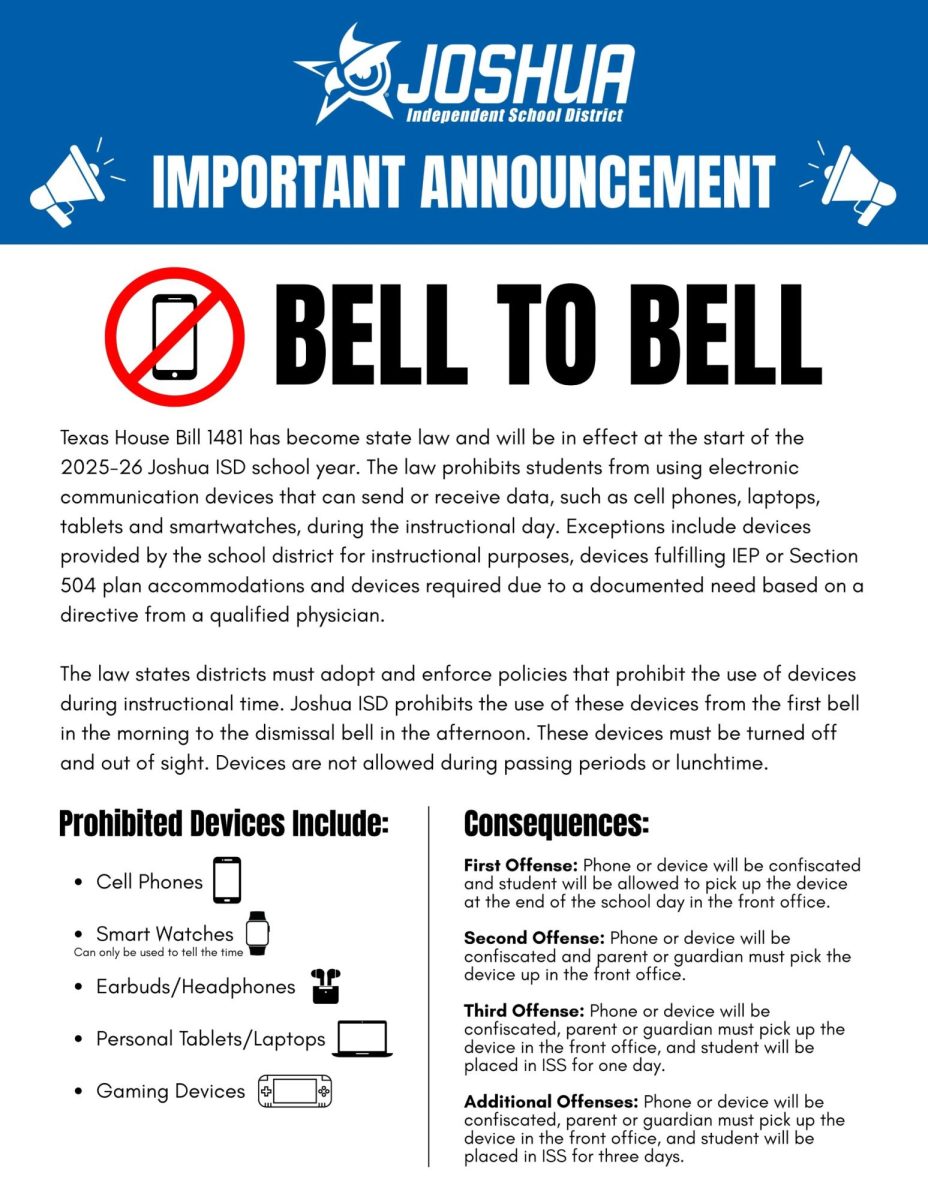



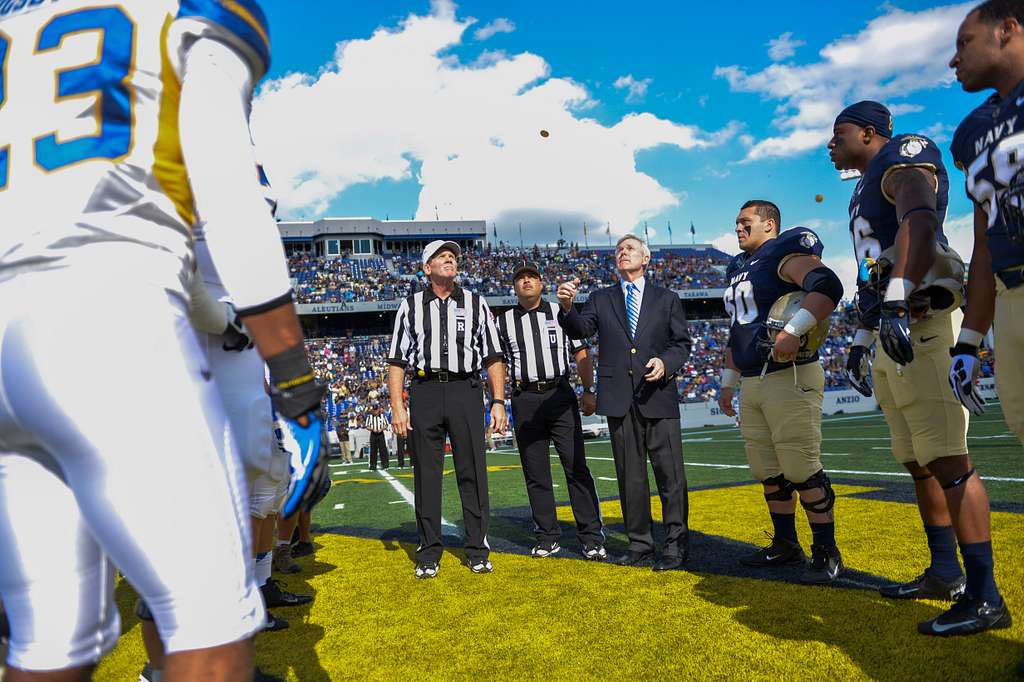
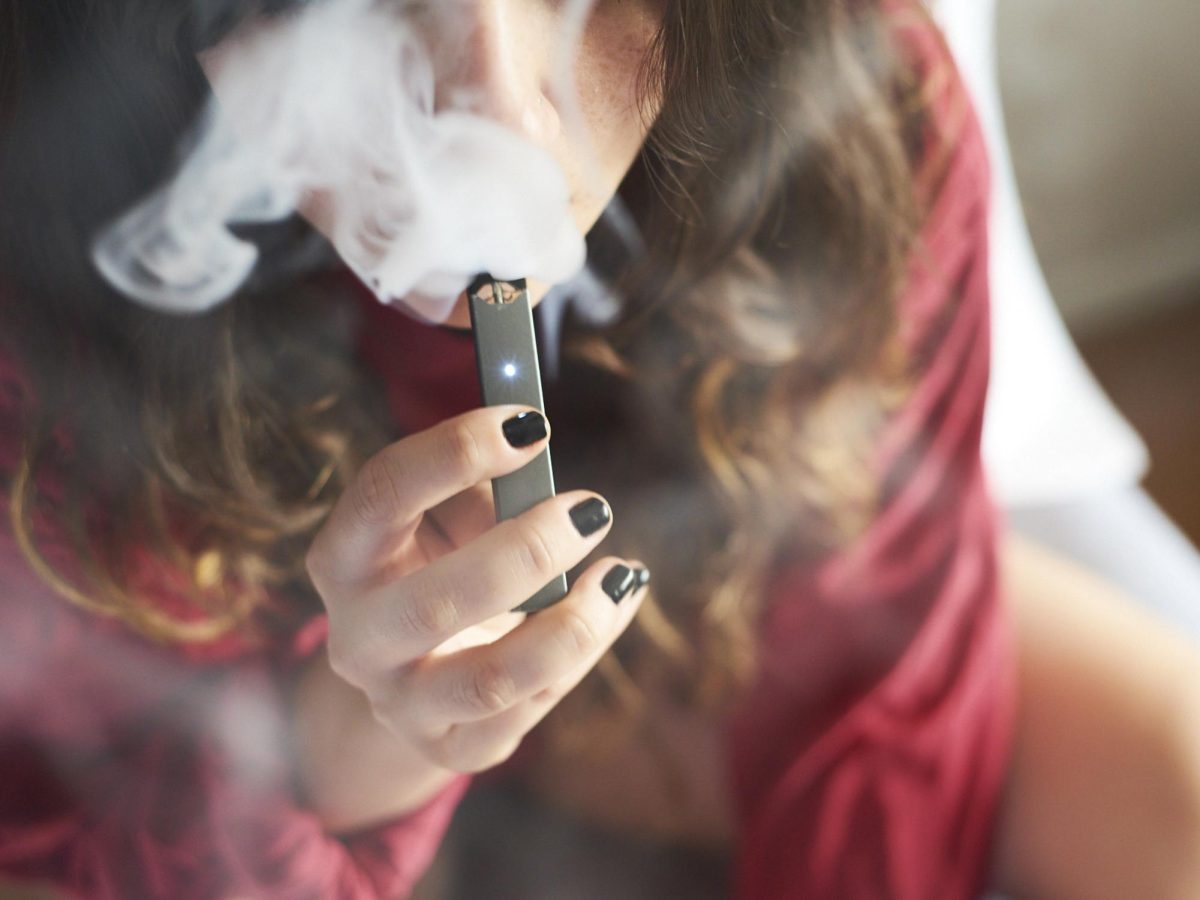

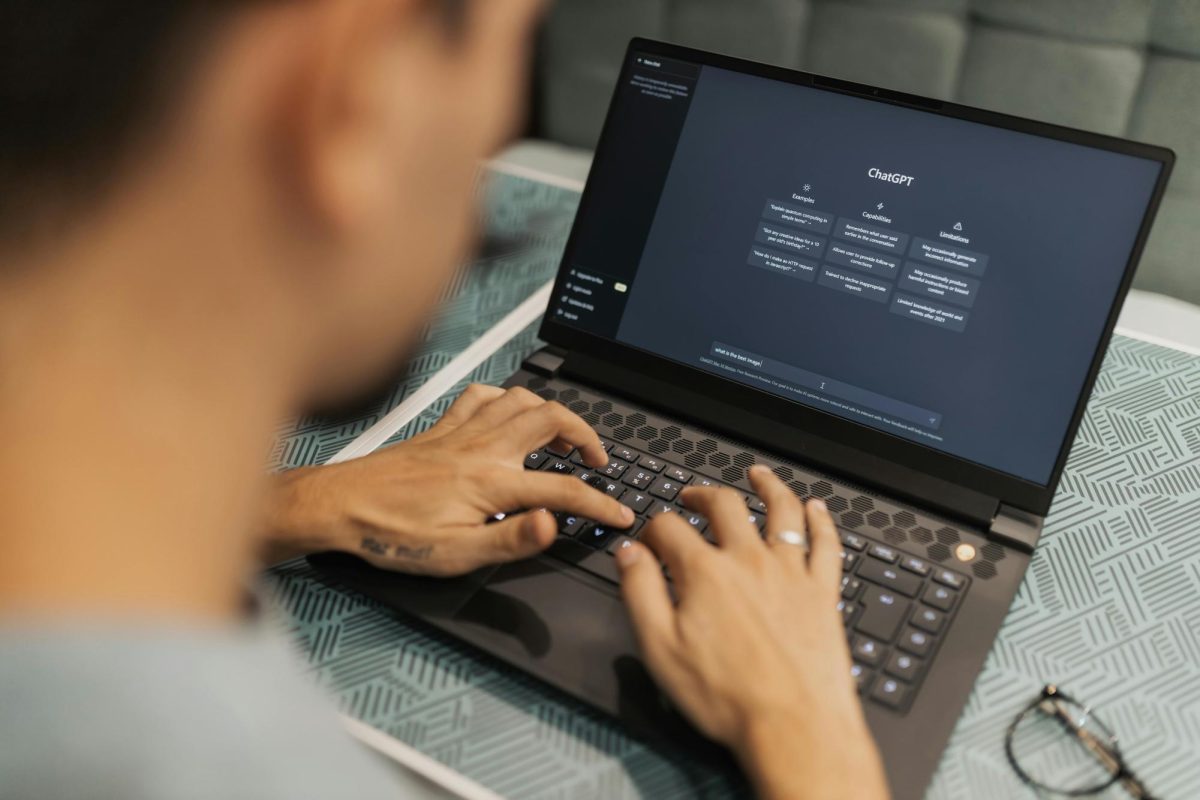
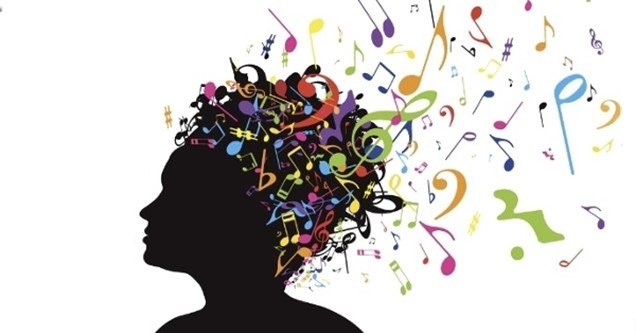
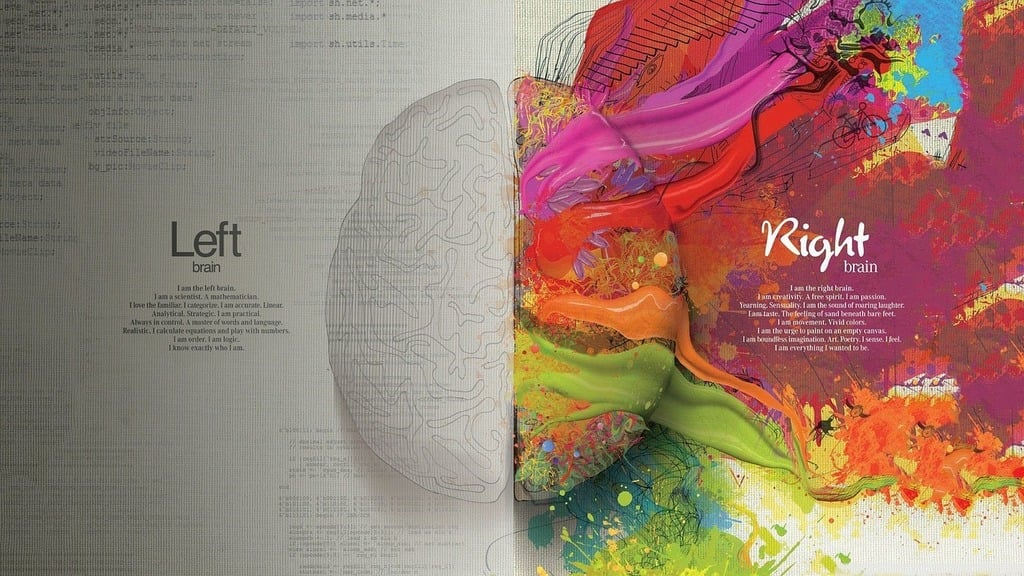


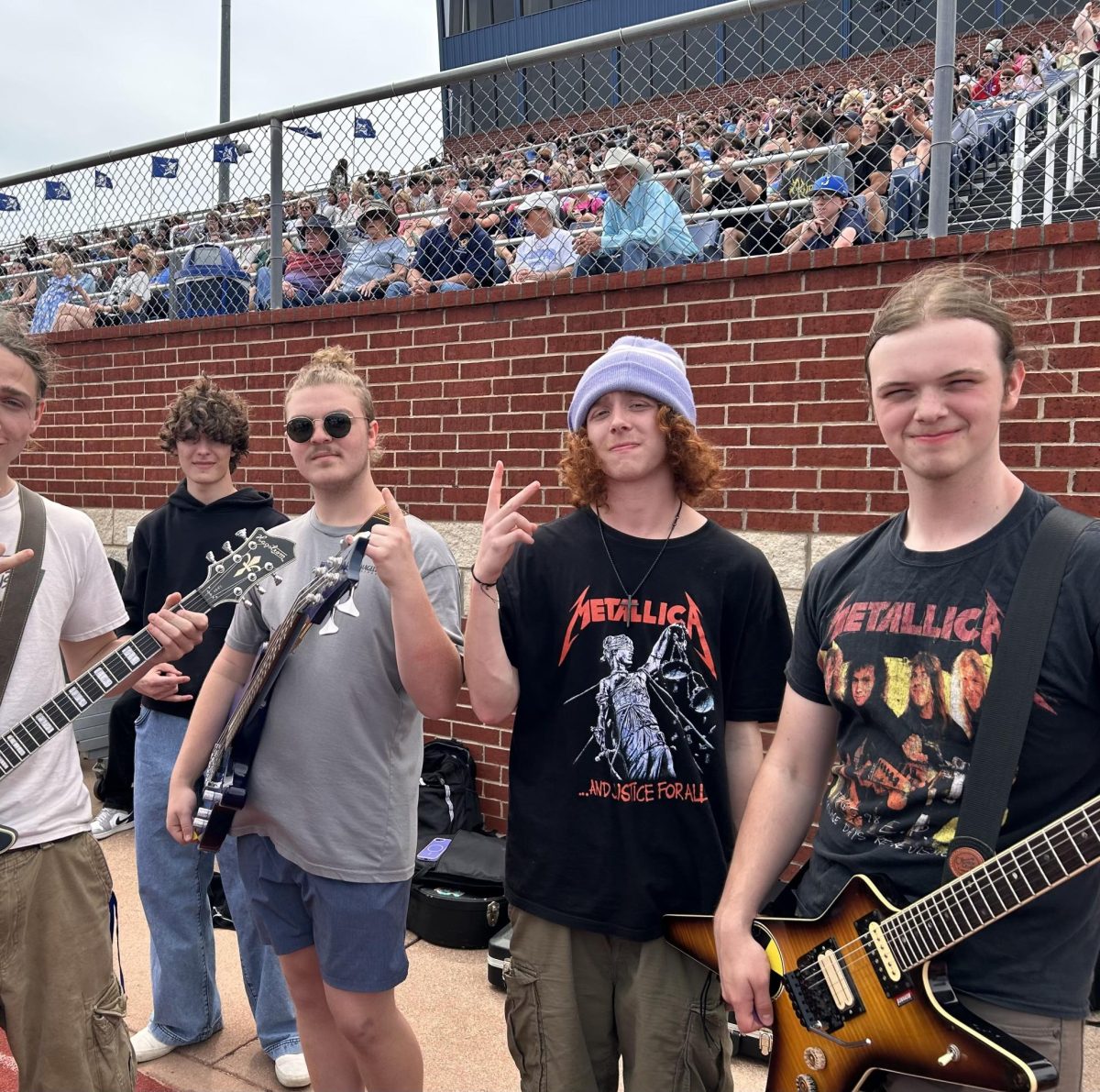
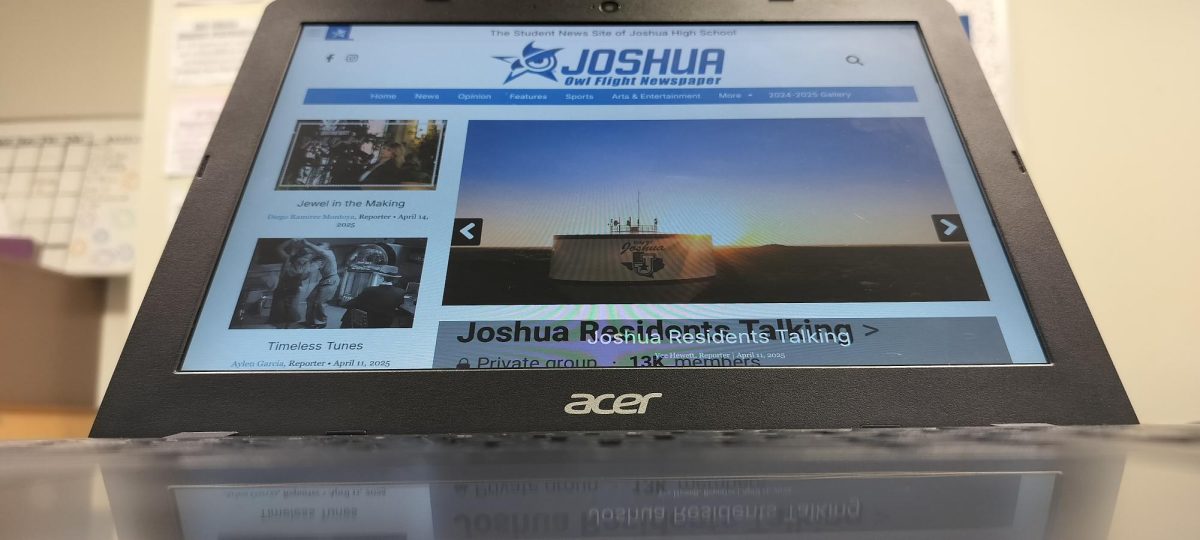

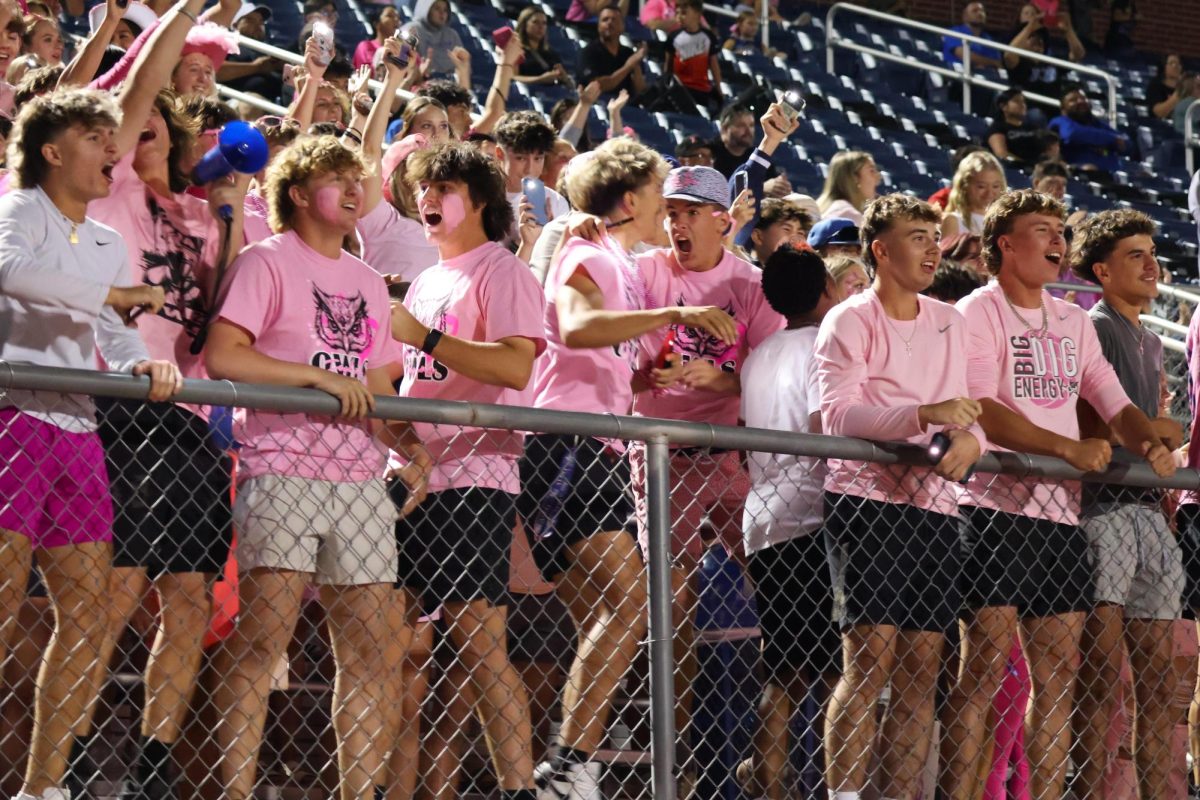
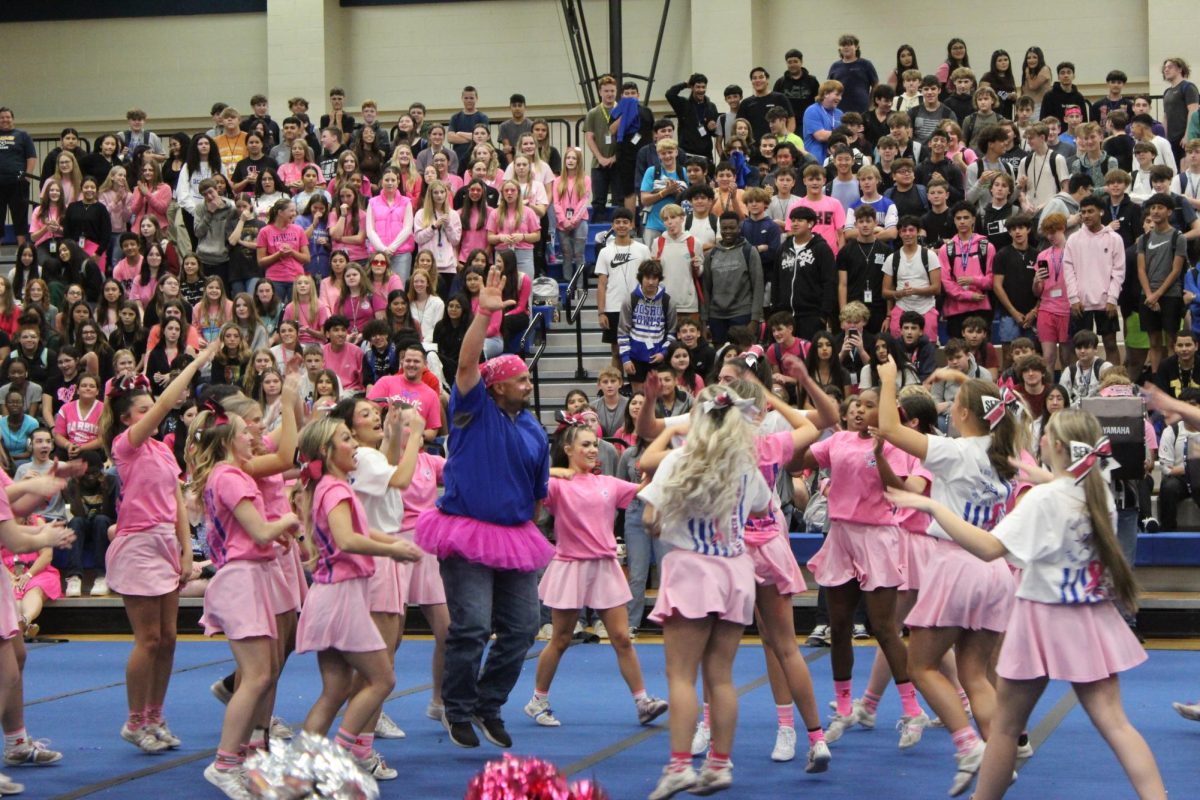
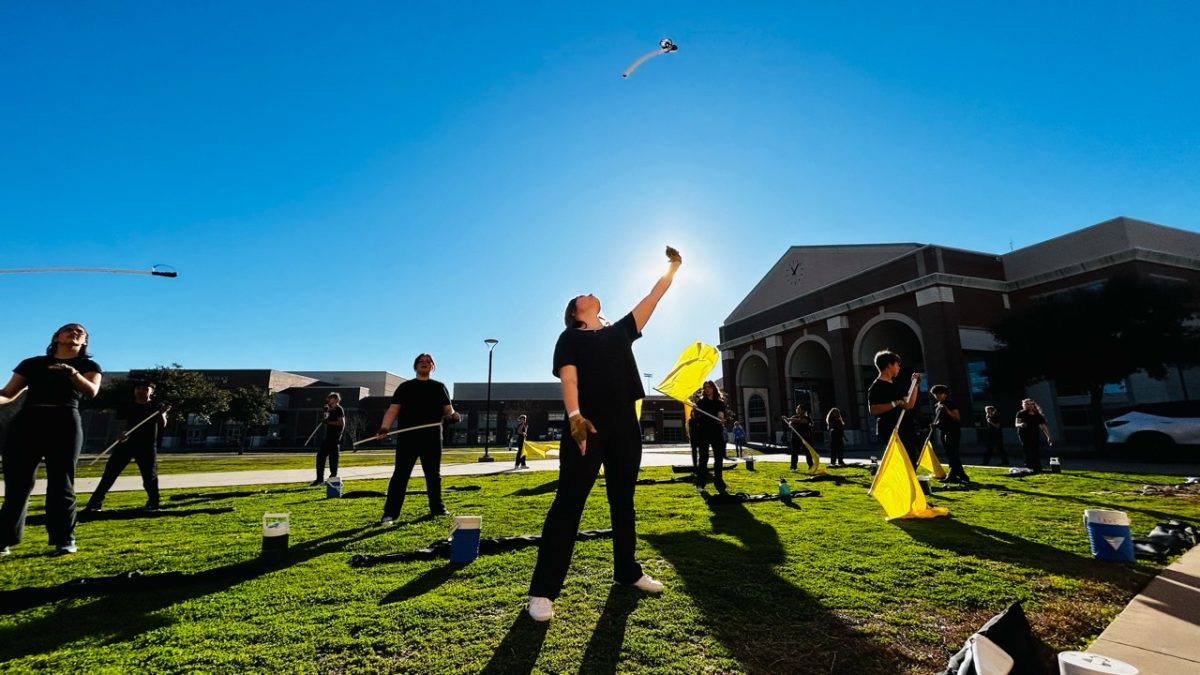
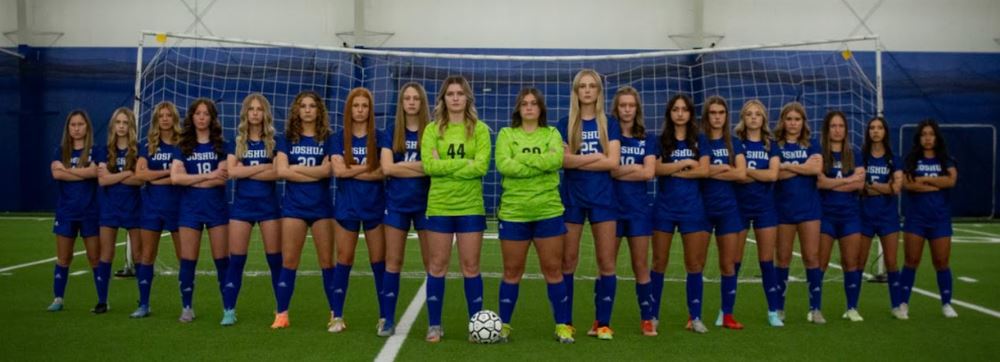
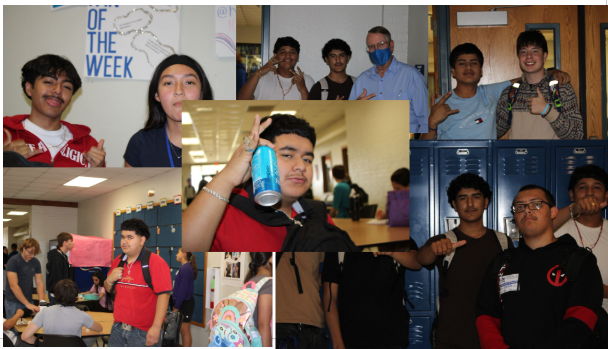
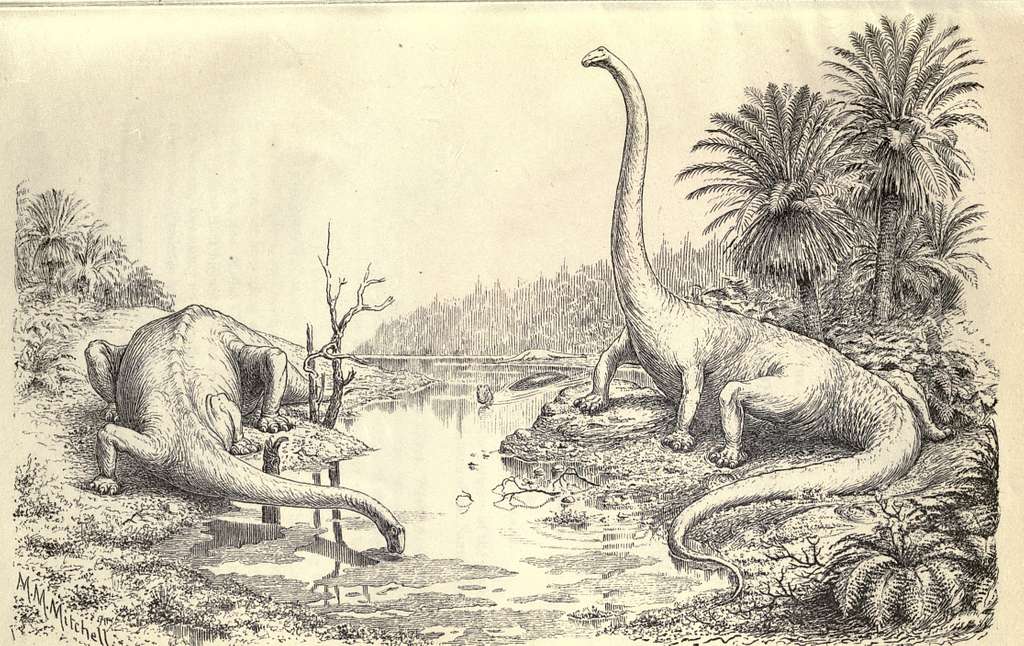
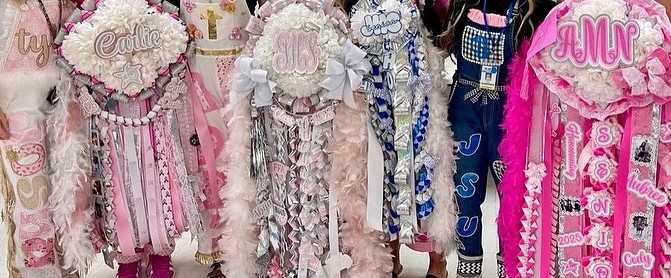


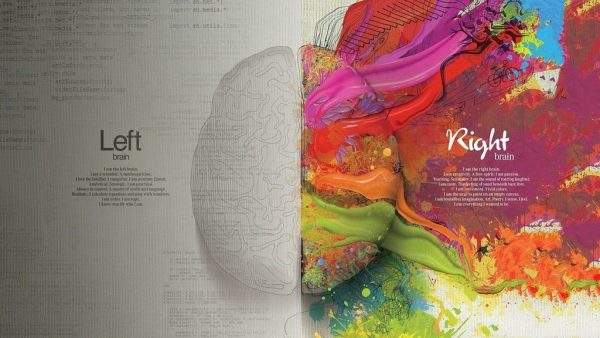
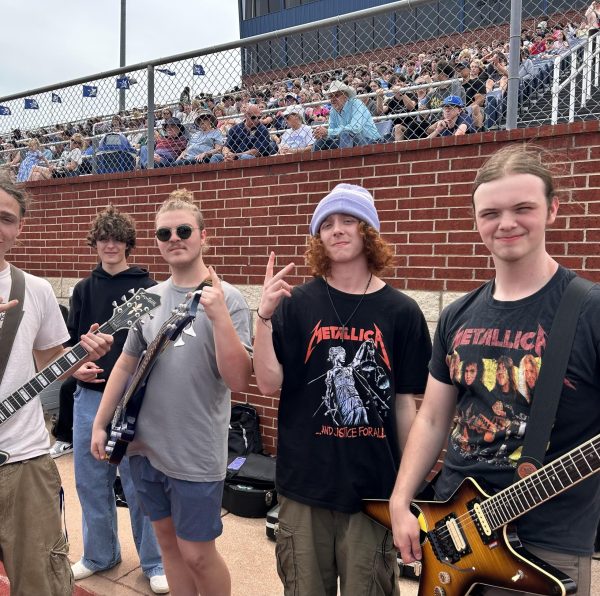


Catie • Sep 26, 2021 at 10:40 PM
Very insightful! Great article!